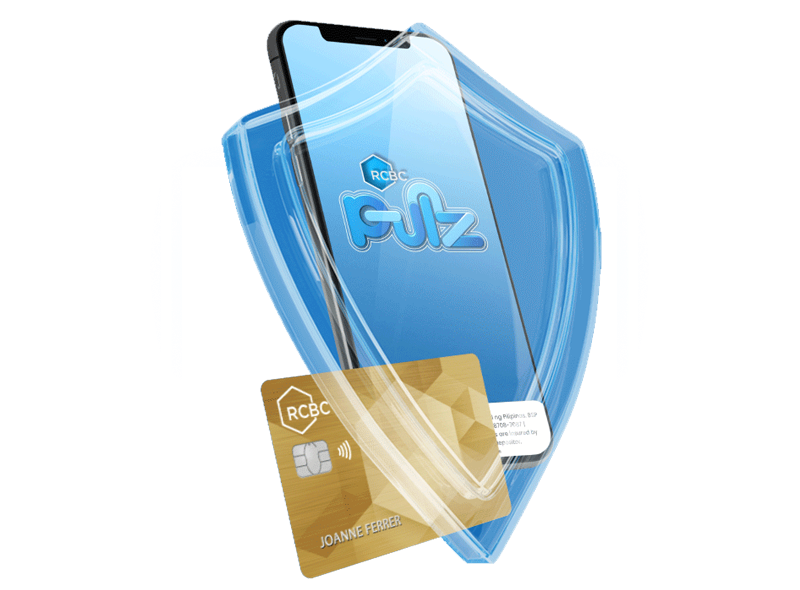Protect yourself from Fraud
We take protecting you and your RCBC Credit Card account seriously. Learn more about different types of fraud and prevention tips.

Your One-Time Password (OTP) is key to completing your transactions. Follow these simple tips to keep your OTP and your account secure:
If you suspect fraud, report it immediately to our Customer Service hotline at (02) 8888-1888 or our toll-free no. 1-800-10-888-1-888 using your PLDT landline. You can also email us at email@service.rcbcbankard.com.
As we continue to embrace the convenience of shopping, booking travel, applying for visas, and handling various transactions online, it’s essential to stay vigilant and protect your personal and financial information.
To ensure your safety, always transact only on legitimate websites. Scam websites are designed to spoof a legitimate site, created by fraudsters to trick you into providing personal information.
Here are some tips to help you spot fake websites:
If you receive any suspicious communication or have provided your RCBC Credit Card information to a scam website, please report it to us immediately by calling +632 8888-1888.
Here are some tips to protect yourself from fraud:
Beware of fraud! Stay smart and vigilant.
Whenever you are issued a new credit card, such as a renewal or a replacement card, for security purposes, please dispose the old card in a thorough manner.
Properly destroying and disposing of your old RCBC Credit Card will greatly reduce the risk of fraud. Here's how to safely dispose your old card:
Please stay smart and vigilant.
Find out how you can protect yourself and your credit card account from people who want to get your personal information to gain access to your account.
UNDERSTANDING CREDIT CARD FRAUD
Credit card fraud is the unauthorized use of an individual’s credit card or card information to make purchases, or to remove funds from the cardholder’s account.
Types of Credit Card Fraud and Prevention:
PHISHING – The act of fraudulently obtaining a person’s confidential or financial information by using an online resource such as electronic mail, social media and other internet-related methods. Information stolen may include online account names, log-in passwords, and other personal data.
Prevention: Do not respond to emails requesting for your card number, CVV/CVC (i.e. the 3-digit code found at the back of your card), or your One-Time password. RCBC or RCBC Credit Cards will not ask for your OTP or CVV via phone or SMS.
SKIMMING – The use of a small device to steal credit card or ATM information in an otherwise legitimate credit or debit card transaction. The device copies and stores all the details stored in the card’s magnetic stripe such as the credit card number, expiration date and the credit card holder’s full name.
Prevention: RCBC Credit Cards/RCBC Bankard Services Corp. has issued EMV cards which make it more secure against skimming.
OTP TAKE-OVER – The One-Time Password (OTP) is issued whenever you do an online transaction at shop secure merchants. Unscrupulous people might call asking for your OTP and CVV/CVC to make fraudulent purchases using your credit card.
Prevention: You should NEVER disclose your OTP to anyone. If anyone calls you to ask what your OTP is or asks you to provide the three-digit CVV/CVC number located in the signature panel of your card, hang up. This is a fraudster intending to use your OTP.
ADDITIONAL TIPS TO KEEP YOUR RCBC CREDIT CARD SAFE
Together, let’s ensure that your card transactions are safe and that you’ll enjoy all the benefits of being an RCBC Credit Cardholder.
Smishing is a form of phishing activity where fraudsters trick the users to click or download a malicious link to acquire information such as username, password, and/or One-Time Password (OTP) through SMS.
How to know if you’re being smished?
When in doubt, please report it immediately to RCBC Credit Cards Customer Service Hotline (02) 8888-1888.